Why Networking Matters Even Before You Graduate
Many students think networking is something that starts after graduation—when you're job hunting or launching your career. But the truth is, some of the most valuable connections are built while you're still in college. From internships to mentorships to job referrals, networking early can open doors you didn’t even know existed.
Of course, balancing networking, classes, and assignments can be a challenge. When academic pressure builds up, tools like assignment writing help from MyAssignmentHelp can take some of the load off, giving you time to focus on opportunities that build your future beyond the classroom.
- Early Access to Opportunities
Networking while you're still a student gives you a head start. You can learn about internships, research roles, or part-time jobs that aren’t publicly advertised. Faculty, alumni, and guest speakers can be great connections who often know where openings exist.
- Builds Confidence and Communication Skills
Engaging with professionals and peers outside your friend group helps you sharpen soft skills like communication, confidence, and active listening—all critical for interviews and workplace success.
- Turns Classmates into Future Colleagues
The people sitting next to you in class might one day be in hiring positions, industry roles, or startups. Building real relationships now can lead to collaborations or job referrals later.
- Learn from Real-World Experience
Talking to people already in your field of interest gives you insights no textbook can offer. You’ll learn what skills employers value most, how to navigate certain industries, and what career paths are really like.
- Personal Brand Building
As you meet more people, you also begin to define your own professional identity. Networking helps you learn how to talk about your goals, interests, and strengths in a way that leaves a lasting impression.
Final Thoughts: Don’t wait until graduation to start networking. The sooner you build meaningful connections, the better positioned you'll be when it's time to enter the workforce. And if your schedule ever gets too packed, remember there's help out there—like MyAssignmentHelp—to keep your academics on track while you focus on your future.
